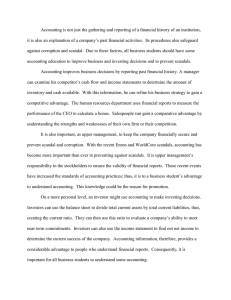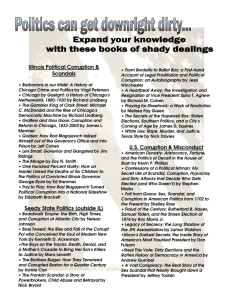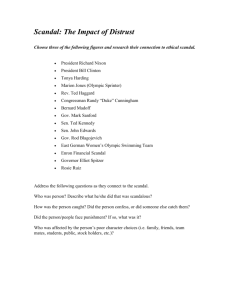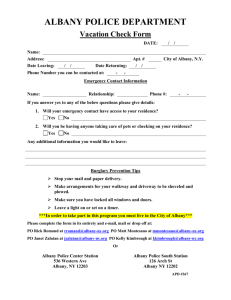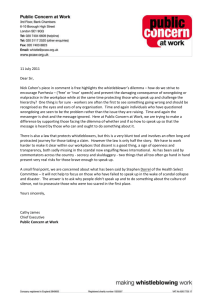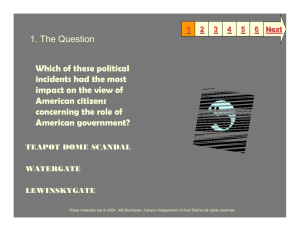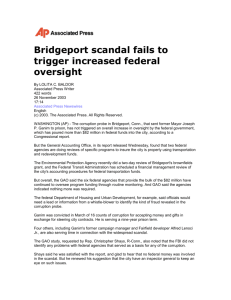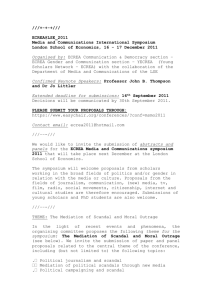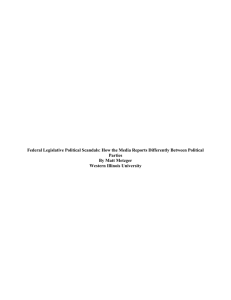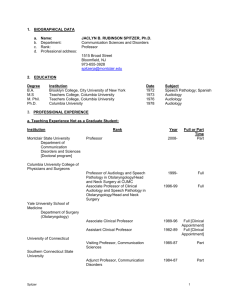Gershman_Saul_WSJ_030610_NY_Mischief
advertisement
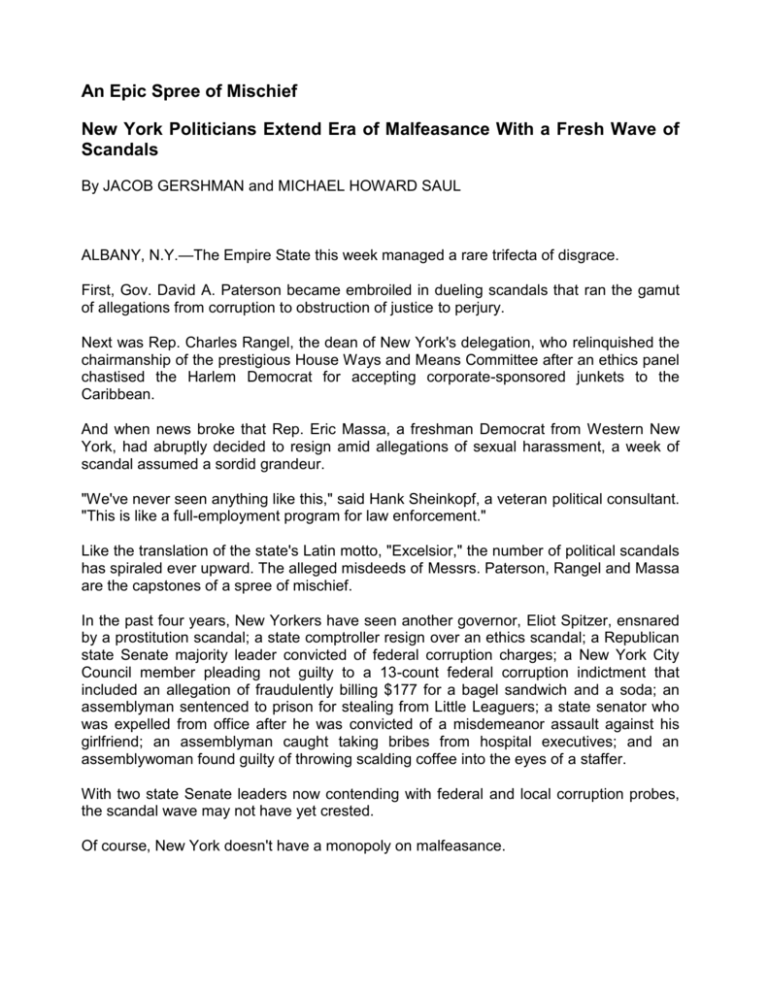
An Epic Spree of Mischief New York Politicians Extend Era of Malfeasance With a Fresh Wave of Scandals By JACOB GERSHMAN and MICHAEL HOWARD SAUL ALBANY, N.Y.—The Empire State this week managed a rare trifecta of disgrace. First, Gov. David A. Paterson became embroiled in dueling scandals that ran the gamut of allegations from corruption to obstruction of justice to perjury. Next was Rep. Charles Rangel, the dean of New York's delegation, who relinquished the chairmanship of the prestigious House Ways and Means Committee after an ethics panel chastised the Harlem Democrat for accepting corporate-sponsored junkets to the Caribbean. And when news broke that Rep. Eric Massa, a freshman Democrat from Western New York, had abruptly decided to resign amid allegations of sexual harassment, a week of scandal assumed a sordid grandeur. "We've never seen anything like this," said Hank Sheinkopf, a veteran political consultant. "This is like a full-employment program for law enforcement." Like the translation of the state's Latin motto, "Excelsior," the number of political scandals has spiraled ever upward. The alleged misdeeds of Messrs. Paterson, Rangel and Massa are the capstones of a spree of mischief. In the past four years, New Yorkers have seen another governor, Eliot Spitzer, ensnared by a prostitution scandal; a state comptroller resign over an ethics scandal; a Republican state Senate majority leader convicted of federal corruption charges; a New York City Council member pleading not guilty to a 13-count federal corruption indictment that included an allegation of fraudulently billing $177 for a bagel sandwich and a soda; an assemblyman sentenced to prison for stealing from Little Leaguers; a state senator who was expelled from office after he was convicted of a misdemeanor assault against his girlfriend; an assemblyman caught taking bribes from hospital executives; and an assemblywoman found guilty of throwing scalding coffee into the eyes of a staffer. With two state Senate leaders now contending with federal and local corruption probes, the scandal wave may not have yet crested. Of course, New York doesn't have a monopoly on malfeasance. Rod Blagojevich, who was caught on tape appraising the value of President Barack Obama's former job—a seat in the U.S. Senate—may soon become the fourth Illinois governor to serve time in prison since the 1970s. A recent university study asserted that the state's Cook County has been a "dark pool of political corruption for more than 140 years." New Jersey, California, Louisiana and Connecticut also have written scandalous chapters in contemporary politics, but increasingly it seems that New York has broken away from the pack. Considering New York's proud prominence in American history, the fall from grace has been especially painful. Messrs. Paterson and Spitzer slept in the same executive mansion as did Teddy Roosevelt and Franklin Delano Roosevelt. George Washington in 1784 wrote a letter to New York City's mayor in which he described the state as the "seat of the empire" and prayed it would "set such examples of wisdom and liberality." When Mr. Spitzer, a former attorney general, resigned two years ago, lawmakers in Albany were shocked but assumed that ordinary business would swiftly resume. As the pandemonium persisted, a sense of dread has taken hold, say legislators. "We're exhausted. We're depressed. We wonder if there's a way out," said Danny O'Donnell, a Democratic assemblyman from Manhattan. While George E. Pataki and Mario M. Cuomo were bitter rivals in the 1990s, the former New York governors of late have found themselves shaking their heads in shared grief. "It's just awful," said Mr. Pataki. "It makes me feel terrible for the state and the people of New York." His predecessor in office is no less anguished: "I'm sad about it," said Mr. Cuomo. "I'm sad for the people involved who are bruised, injured, embarrassed, and angry." Joseph Meany, a former State Historian of New York, said New Yorkers need to keep things in perspective. "I don't accept the notion that there's something especially corrupt about New York. Is this worse than the days of Boss Tweed? I don't know," he said, referring to the notorious 19th century boss of Tammany Hall. According to Mr. Sheinkopf, who advises Democratic lawmakers in the Legislature and the City Council, the scandals are a symptom of an insulated political culture that has lost sight of a guiding mission. "There's no great ideas here. What we have is just the acne of permanent government employment," he said. Mr. Pataki, a Republican who served three terms in office, identified the culprit as a lack of competition in New York's local elections. Since 1982, only 39 incumbents in the state Legislature have been defeated in elections, which are held every two years. "When you become comfortable and complacent, it creates a sense of entitlement that can lead people to act unethically, and illegally," he said. Others blame Albany's campaign-finance system, which has higher contribution limits and is more loosely regulated than those in most other states. Good-government groups say Albany lacks a strong and independent ethics body to watch over the governor's office and the Legislature. Mr. Cuomo, a Democrat, has long urged legislators to support a constitutional convention that he says could produce a more responsive government. But the chances of lawmakers getting behind such a convention, proposals for which have received scant backing in the past, seem remote. "You can't insist that things are dysfunctional at a fundamental level without doing something about it," said Mr. Cuomo, whose son, Andrew, New York's attorney general, is seen as the front-runner to win the governorship in November. "You have people with pristine reputations like our former governor who turn out to be hypocrites and violate the very laws they spent their lives prosecuting," Mr. O'Donnell said, referring to Mr. Spitzer's public stance on prostitution. "And you have people from humble backgrounds who come here for the right reasons, but grow frustrated that there are all these people around them getting rich from the work that we do. They think, why shouldn't I have some of that?"
